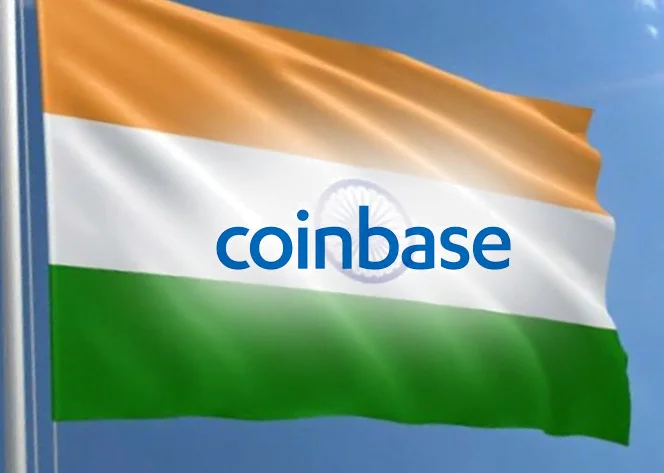Coinbase crypto exchange abruptly ceased utilizing United Payments Interface (UPI) just three days after launching in India. The service outage was caused by “informal pressure” from India’s central bank, according to Coinbase CEO.

“So a few days after launching, we ended up disabling UPI because of some informal pressure from the Reserve Bank of India (RBI), which is kind of the Treasury equivalent there.”
While emphasizing the Supreme Court’s March 2020 order prohibiting the RBI from prohibiting banks from dealing with crypto, Armstrong warned that some government agencies, including the RBI, “do not appear to be as favorable on it.”
Coinbase’s ambitious international expansion plan, according to the CEO, includes introducing services in new countries and working with regulators based on their reactions to Coinbase’s presence in the region. Armstrong went on to say about India’s intention to put a shadowban on crypto businesses:
“Basically they’re applying soft pressure behind the scenes to try to disable some of these payments which might be going through UPI. I guess we have a concern that they may be actually in violation of the Supreme Court ruling.”
Despite the obvious regulatory obstacles, Coinbase is preparing for a relaunch in the region by offering new payment methods in order to meet the huge demand for cryptocurrency. Armstrong sums up:
“In most places in the free world and in democracies, crypto is going to eventually be regulated and legal. And the way that we push the conversation forward is by taking action.”
Crypto in India
India passed its first set of crypto legislation on April 1, requiring crypto investors to pay a 30% tax on unrealized crypto earnings. However, the decision had a severe influence on the crypto sector, as trading volumes fell and in-house businesses relocated to more friendly governments.
Binance, a cryptocurrency exchange, has announced three major educational programs to help Indian investors and students learn more about the cryptocurrency and blockchain ecosystem.
Binance further stated that the lack of education among Indian authorities and policymakers is currently impeding the mainstream use of cryptocurrency.
